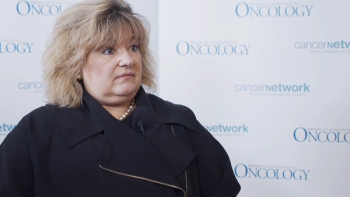
Cancer Network spoke with Anna Pavlick, MD, of NYU's Perlmutter Cancer Center, regarding whether there is one correct answer to front-line therapy for the treatment of advanced melanoma.

Your AI-Trained Oncology Knowledge Connection!


Cancer Network spoke with Anna Pavlick, MD, of NYU's Perlmutter Cancer Center, regarding whether there is one correct answer to front-line therapy for the treatment of advanced melanoma.

Cancer Network spoke with Thomas Gajewski, MD, PhD, of the University of Chicago Medical Center, about analyzing the tumor microenvironment to guide immunotherapy in melanoma.

Cancer Network spoke with Janice M. Mehnert, MD, of Rutgers Cancer Institute, about the use of immunotherapy vs BRAF/MEK inhibitors in the adjuvant setting for melanoma.

Cancer Network spoke with Ryan J. Sullivan, MD, of Massachusetts General Hospital, about the debate between immunotherapy sequencing vs targeted therapy for melanoma.
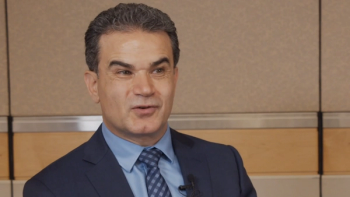
Cancer Network spoke with Ahmad Tarhini, MD, PhD, about the results of the phase III United States Intergroup E1609 trial, presented at ASCO 2019.

The results of the phase II trial examining combination immunotherapy were presented during the ASCO 2019 meeting.
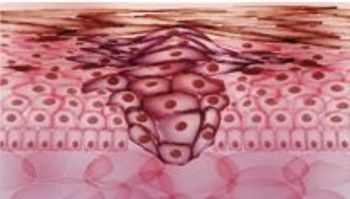
Findings from a pooled analysis of two phase III trials, COMBI-d and COMBI-v, centered on outcomes with first-line dabrafenib plus trametinib vs either agent alone.

Data from the largest randomized neoadjuvant trial in resectable stage IIIB–IVM1a melanoma to date were presented at ASCO 2019.

The investigators looked at whether whole-brain radiotherapy improved outcomes in patients with melanoma brain metastasis.
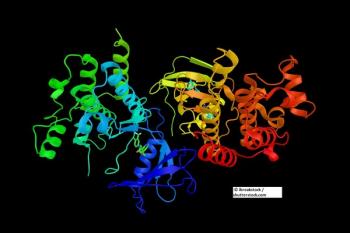
COMBI-i tested the anti–PD-1 antibody spartalizumab in combination with dabrafenib and trametinib in previously untreated patients with advanced BRAF V600–mutant melanoma.
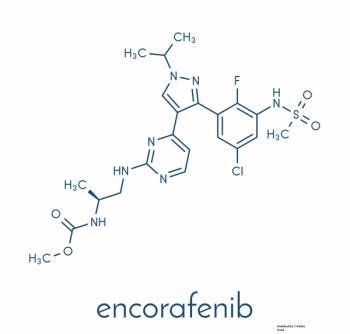
The updated survival results from the COLUMBUS trial represent a promising new treatment option for patients with BRAF V600–mutant melanoma.

A phase III study comparing the efficacy and safety of nivolumab plus an experimental interleukin-2–based drug vs nivolumab alone in patients with metastatic melanoma is now enrolling patients.
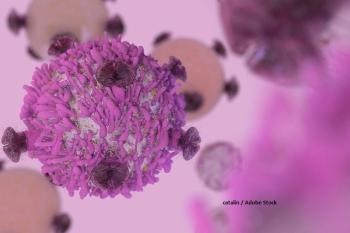
Researchers tested standard-dose pembrolizumab plus ipilimumab at 50-mg or 100-mg doses in patients with previously untreated advanced melanoma.
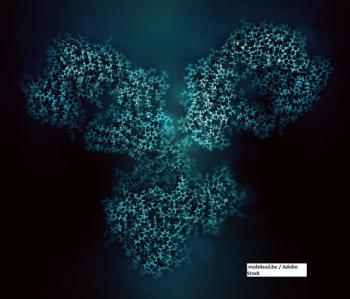
Researchers tested a combination regimen of bevacizumab with carboplatin and paclitaxel as a first-line treatment for patients with advanced mucosal melanoma.

The phase III CheckMate 067 study looked at patient-reported quality-of-life outcomes in patients with advanced melanoma undergoing immunotherapy treatment.
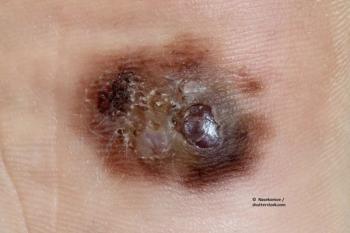
Investigators are now enrolling patients for a phase III trial, KEYNOTE-716, to assess the efficacy and safety of adjuvant pembrolizumab in adult and pediatric patients with surgically resected high-risk stage II melanoma.
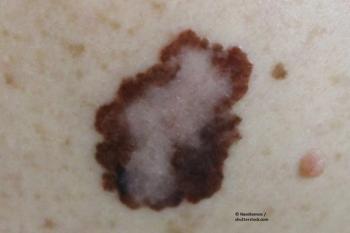
Investigators are now enrolling for a phase III trial testing the experimental immunotherapy tilsotolimod plus ipilimumab in patients with advanced melanoma who have progressed on anti–PD-1 therapy.
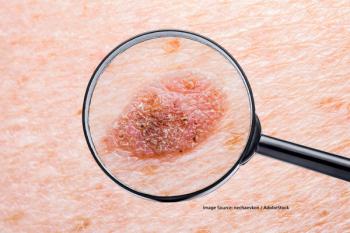
A recent study evaluated whether longstanding assumptions that thin nodular melanomas are less aggressive than thicker ones are accurate.
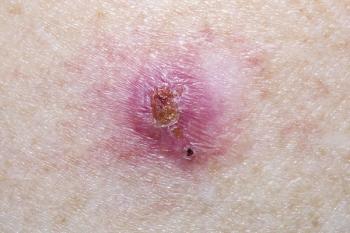
Researchers studied whether risk factors differ for early-stage melanoma metastasis via the lymphatic system and the bloodstream.

Researchers tested whether use of blue dye injection during sentinel lymph node biopsy can be safely omitted prior to Mohs surgery for malignant melanoma.

Study authors evaluated clinically relevant differences in nonwhite vs white pediatric patients with melanoma and atypical melanocytic neoplasms.

Researchers looked at whether time to first distant recurrence of metastatic melanoma was linked to survival outcomes.

The American Cancer Society's Cancer Facts & Figures 2019 report summarized the rate of melanoma over the past 30 years, mortality, and incidence based on sex and ethnicity.
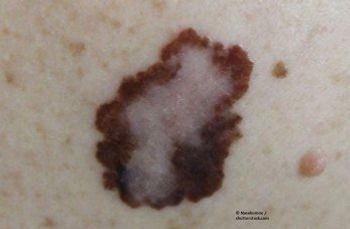
The study authors evaluated the disease-free survival rate among patients with high-risk primary melanoma and the role of routine sentinel lymph node biopsy.
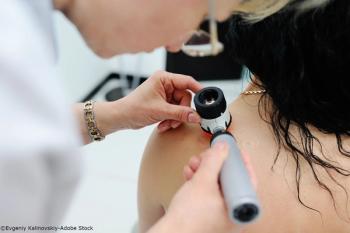
A new study reported that elderly patients experience a different extent of metastatic disease than do adults diagnosed at younger ages.